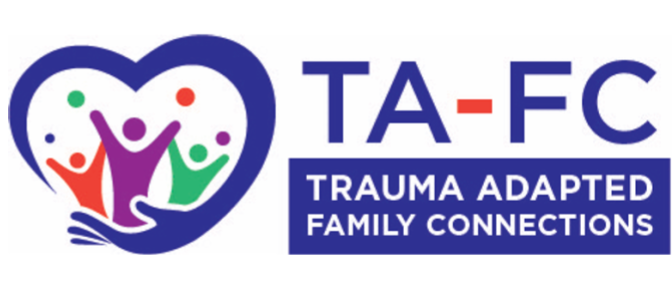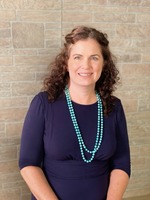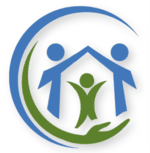Families don't have to face complex and chronic trauma alone. Treatment can change the present and futures of children and families enduring hardship.
Using research and data, we've developed interventions that are versatile and adaptable to any organization. We work closely with organizations to make sure high fidelity is maintained for models. Our work doesn't stop at publication; we continually seek feedback from families and partners to update our models and ensure they continue serving the people who need it. See what projects we have worked on and collaborated on below.



.jpg)
.jpg) Alba Prados Vilar, LPC, is a licensed professional counselor with over a decade of experience providing bilingual therapy to individuals, families, and couples in Maryland, Virginia, and Washington, DC. Specializing in trauma, grief, life transitions, and cultural adaptation, she empowers clients to rediscover their strengths and resilience. Currently, she works at the Wendt Center for Loss and Healing and serves as a contractor therapist and certified trainer for the TA-FC model, integrating a variety of therapeutic approaches to support healing and growth.
Alba Prados Vilar, LPC, is a licensed professional counselor with over a decade of experience providing bilingual therapy to individuals, families, and couples in Maryland, Virginia, and Washington, DC. Specializing in trauma, grief, life transitions, and cultural adaptation, she empowers clients to rediscover their strengths and resilience. Currently, she works at the Wendt Center for Loss and Healing and serves as a contractor therapist and certified trainer for the TA-FC model, integrating a variety of therapeutic approaches to support healing and growth.
.jpg)

-(1).jpg)
.jpeg) Alexa Tweten, LICSW, graduated with an MSW from University of Maryland, Baltimore in 2017 and has worked with children and families impacted by trauma since. Alexa is currently the Resilient Scholars Project Family Services Program Director at The Wendt Center for Loss and Healing. The family services team uses Trauma-Adapted Family Connections to support Washington, DC families who have experienced trauma.
Alexa Tweten, LICSW, graduated with an MSW from University of Maryland, Baltimore in 2017 and has worked with children and families impacted by trauma since. Alexa is currently the Resilient Scholars Project Family Services Program Director at The Wendt Center for Loss and Healing. The family services team uses Trauma-Adapted Family Connections to support Washington, DC families who have experienced trauma. .jpeg)
-(1).jpg) Yeni Silva-Renteria, LMSW, is a passionate social worker and advocate with over two decades of experience championing children and families, especially within communities impacted by displacement. An immigrant and the first in her family to graduate high school and college in the U.S., Yeni leads with lived experience and a deep commitment to equity and healing. As Executive Director of IRC Wichita, she drives innovative, trauma-informed programs that strengthen families and empower communities. Her leadership has earned statewide and national recognition, positioning her as a trusted voice in advancing justice, inclusion, and resilience.
Yeni Silva-Renteria, LMSW, is a passionate social worker and advocate with over two decades of experience championing children and families, especially within communities impacted by displacement. An immigrant and the first in her family to graduate high school and college in the U.S., Yeni leads with lived experience and a deep commitment to equity and healing. As Executive Director of IRC Wichita, she drives innovative, trauma-informed programs that strengthen families and empower communities. Her leadership has earned statewide and national recognition, positioning her as a trusted voice in advancing justice, inclusion, and resilience..jpg) https://www.umms.org/ummc/health-services/psychiatry/services/child-adolescent/outpatient/center-for-infant-study
https://www.umms.org/ummc/health-services/psychiatry/services/child-adolescent/outpatient/center-for-infant-study.jpg) https://reallifeheroes.net/
https://reallifeheroes.net/.jpg) https://centerforitct.org/
https://centerforitct.org/ https://www.familycenteredtreatment.org/
https://www.familycenteredtreatment.org/